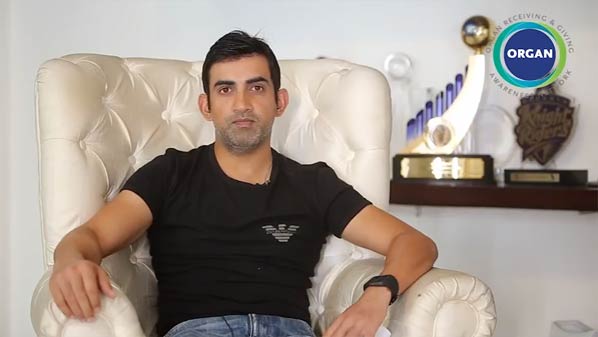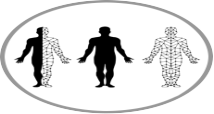Brain death, technically referred to as brain-stem death, occurs when the whole brain dies. It is the irreversible end of all brain activity. Brain-death usually results from a severe brain injury which causes all the brain activity to stop. This can happen after a major road accident, head injury, or a bleed in the brain due to a stroke. The human brain consists of two parts: – The Cortex – The large part stored in the skull that is used to depict the brain visually. – The Brain Stem – The part of the brain that connects the spinal cord to the cortex. When a person incurs a serious head injury, the cortex starts to swell up; however, it cannot expand much further because it is contained in the skull, which is made of hard bone.
As a result, the pressure in the brain can grow greater than the pressure of the heart. The heart is then unable to pump blood to the brain. This lack of blood flow to the brain causes the whole brain to die, due to lack of oxygen. The brain cells not only die, but also liquefy, which makes brain death irreversible.
Brain death is crucial to the process of organ retrieval and transplantation. That’s why it’s important to understand what exactly it is. It is a legal form of death. It’s just that no one has bothered to tell us about it, or explain what it is.
Watch this short video to completely understand what brain death is before you move ahead.






